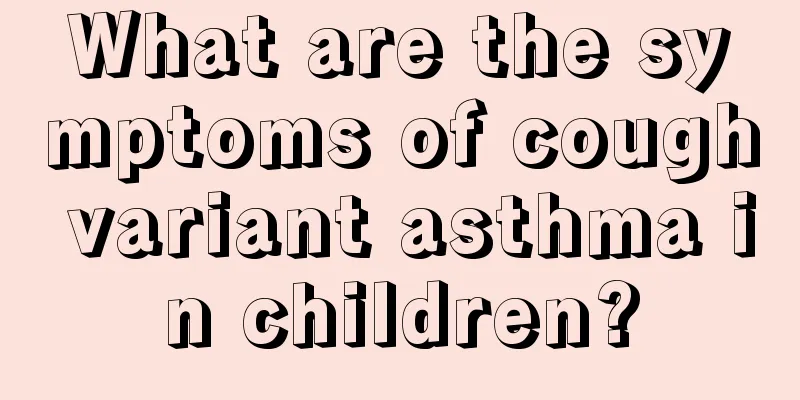Do children need to have their decayed teeth filled?

|
Children are very susceptible to tooth decay problems. Since they have not yet changed their teeth, they are still in the deciduous tooth stage. Do they need to have their teeth filled at this time? In fact, it can be said for sure, because if you do not pay attention to tooth filling treatment, it will also affect the growth of new teeth. 1. When baby teeth are decayed, they need to be filled. Some parents may think that children’s baby teeth will be replaced anyway, so there is no need to spend energy and money on care. This perception is very wrong. If cavities develop in deciduous teeth, children will feel pain, which will affect their eating habits. They will not be able to eat and will not get enough nutrition, which will cause health risks and affect their intelligence and height. And when the teeth are replaced, it will also affect the development of permanent teeth. Therefore, once a child's deciduous teeth are decayed, fillings are necessary. The best way is to take your child to the dentist for a checkup every six months to detect and repair any problems. 2. Children's deciduous teeth need fillings. If deciduous teeth caries are not treated in time, the teeth will be "laid off" prematurely, making it difficult for permanent teeth to erupt. It will also cause disorder in the arrangement of the permanent dentition and even affect the jaw development and cause crossbite, which requires expensive orthodontics to correct. Deciduous teeth that have to be extracted due to failure to fill in time will not only affect the child's nutritional intake, but the rotten roots will also cause permanent teeth to erupt, resulting in abnormal roots of the permanent teeth. If there are permanent teeth next to the rotten deciduous teeth, it will also affect the permanent teeth. Children with teeth that are prone to rotting should have their pits and fissures sealed in time to prevent the occurrence of caries. If children have cavities in their deciduous teeth, they need fillings. 3. In order to prevent tooth decay, children should first control the intake of sucrose, glucose and fructose in their diet, and drink less beverages that are prone to tooth decay. Parents should also teach their children to use dental floss and use fluoride toothpaste specifically for children under professional guidance. While doing all these work, children with deciduous teeth that are prone to tooth decay should go to the hospital's dental department to have pit and fissure sealing done after their permanent teeth start to grow at the age of 6. The main method of treating caries is filling. The carious tissue is removed completely, a certain hole shape is made, and after cleaning and disinfection, the hole is filled with filling materials to restore the shape of the tooth defect. Once the apex of the dental pulp is diseased, it will affect the development of the permanent tooth germ. |
<<: What to do if your child has bloodshot eyes? What to eat
>>: What to do if children's phimosis is too long
Recommend
How to solve the problem of children coughing at night
Many parents will find that their children cough ...
What should I do if my baby has phlegm in his throat?
It is very common to have phlegm in the throat. T...
What are the causes of neonatal convulsions?
There are many reasons for neonatal convulsions. ...
What should I do if my face is allergic after giving birth?
Giving birth is a daunting experience for many wo...
Treatment of baby spitting up during the confinement period
The birth of every new life will make our parents...
Exercises that help children grow taller
Parents all hope that their children can grow tal...
Which eye drops are best for children?
Children are also a high-risk group for eye disea...
Why do young children walk on tiptoes?
After the baby is born, as the baby's age inc...
What causes dark circles under girls' eyes?
Generally speaking, lesbians will not have dark c...
10 reasons why babies cry at night
Crying is the main way for babies to communicate,...
What’s a good way to treat children’s recurring high fever?
Many parents are very worried about their childre...
What is the red pimple on the baby's arm?
The skin of infants and young children is relativ...
How to treat children's colds with diet therapy?
Many young children have caught a cold. At this t...
How to collect urine for infant urine test
Many parents have had this kind of confusion in t...
What to do if your child has leg cramps
Children always like to run and jump around, so t...









